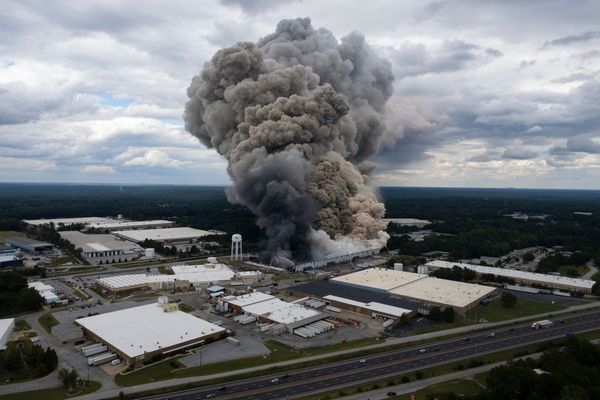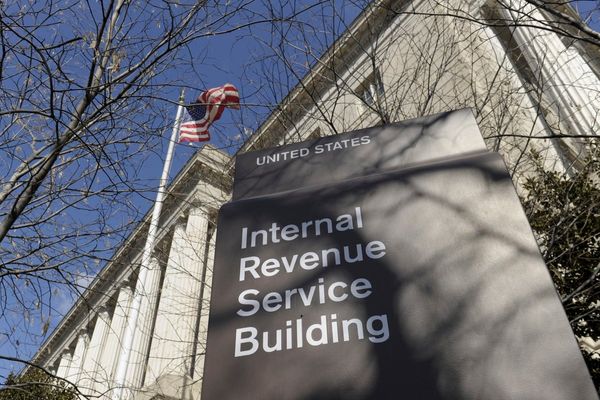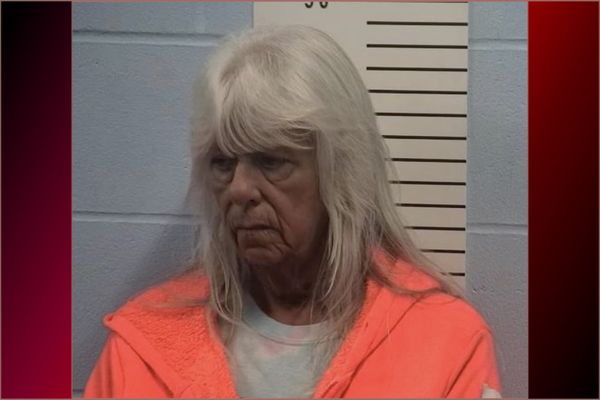
Last weekend, Tomoki Nojiri wrapped up his second Super Formula title at Suzuka as he concluded a season even more dominant than his breakout 2021 campaign. There were only two wins in 10 races, but he scored pole an incredible six times, giving himself an average grid slot of 2.2, and finished on the podium eight times. On the two occasions he didn’t finish in the top three, he finished fourth, which were his worst finishes.
The Team Mugen driver’s main rivals heading into the Suzuka weekend, Sacha Fenestraz and Ryo Hirakawa, could only look on and congratulate their adversary on putting together about as close to a perfect season as you could realistically hope for in Super Formula.
While drivers like IndyCar star Colton Herta have had their ambitions of racing in Formula 1 quashed by a lack of superlicence points, Nojiri has no such concerns. His first title last year already put him over the 40-point threshold needed to acquire a superlicence, and his latest triumph now has him on 60 points - possibly one of the highest totals for a driver who has never sat in a grand prix car, and, in all honesty, probably never will.
No matter how dominant he may have been in Super Formula, the F1 paddock is unlikely to ever be interested in a 33-year-old driver whose experience of racing outside of Japan in cars amounts to just two Formula BMW races more than a decade ago, and who speaks little English. Even a free practice run at Suzuka in Red Bull or AlphaTauri like colleague Naoki Yamamoto had in 2019 is unlikely while Honda is not officially engaged in F1.
But the disinterest cuts both ways. Nojiri knows the time for him to race overseas with any serious ambitions has long since passed, and he seems more than content in his new role as Honda and Team Mugen’s Super Formula spearhead. And yet, it still begs the question of what could have been for a driver whose abundant talent had been obscured by inconsistent results for far too long, and is only now becoming apparent to the rest of the world.
Both of Nojiri’s two car races to date away from Japanese soil took place at Macau, where Formula BMW’s Asia-Pacific series used to hold its season finale in support of the F3 Grand Prix. Nojiri retired from his first appearance at the famous street track in 2009, but in 2010 he was second and just four seconds behind current Ferrari F1 star Carlos Sainz. Completing the podium in third place was reigning IMSA SportsCar champion Tom Blomqvist.

Nojiri revealed on Twitter in the aftermath of his second Super Formula title that there had been talks about him racing in the Macau Grand Prix during his time racing in All-Japan F3 in 2011-13, but these came to naught. And when a chance came up for a Honda junior to race in GP2 in 2014 with ART Grand Prix, Nojiri wasn’t seriously considered for the berth that ultimately went to Takuya Izawa, five years his senior.
Instead, he took over Izawa’s vacated seat at Dandelion Racing to begin a stint in Super Formula that was marked with massive inconsistency and unrealised potential, a situation that only really turned around once he moved to Team Mugen in 2019.
Having become the first back-to-back champion in the series since Tsugio Matsuda in 2007-08, Nojiri’s aim now is to match Satoru Nakajima’s feat of winning three titles in a row from 1984-86. Also on the agenda is surpassing the achievements of Yamamoto, the driver in whose shadow he existed for the first seven years of his Super Formula career.
When somebody does finally manage to dislodge Nojiri from the top of the Super Formula tree, the F1 paddock should sit up and take notice
Yamamoto’s recent struggles with Nakajima Racing have allowed Nojiri to close right in, with the pair now level on poles (13) and just one race win apart (Nojiri has eight to Yamamoto’s nine). The Super GT title is one that has still eluded Nojiri, and winning that in the same year as Super Formula, as Yamamoto did in 2018 and 2020, is something he’s aiming for.
In an interview with Autosport earlier this year, he joked: “I want to do it three times in a row!” before adding: “Yamamoto is a great rival, but I’m still losing to him in terms of career results, so in the next two or three years I want to make sure I surpass him.”
After going through a mini-boom with the likes of Stoffel Vandoorne (2016), Pierre Gasly (2017) and Alex Palou (2019), the Super Formula grid hasn’t really featured any serious F1 aspirants for a couple of seasons now, with matters not helped by the COVID-19 pandemic that all but prevented non-Japanese drivers from racing in the series for a time.

And while names such as Theo Pourchaire and Liam Lawson have been linked to moves to Japan for 2023, the practicalities of combining F1 reserve driver duties and sim work with more than half-a-dozen cross-continental trips makes the championship something of a tough sell for anyone who is already closely associated with a grand prix team.
That said, as long as Super Formula continues to boast the fastest car outside of F1 with budget requirements far below that of F2 to boot, it will continue to hold a certain allure for international drivers disillusioned with life in the F1 support paddock. And if a major up-and-coming star does happen to roll the dice on embarking on a Vandoorne/Gasly-style adventure and performs well, it will only encourage others to give it a go themselves.
The only trouble is now, for Super Formula, Nojiri’s dominance might make it harder for a youngster hoping to use the series as a springboard to greater things to get noticed. On the flipside, there’s no doubt that when somebody does finally manage to dislodge Nojiri from the top of the Super Formula tree, the F1 paddock should sit up and take notice.








